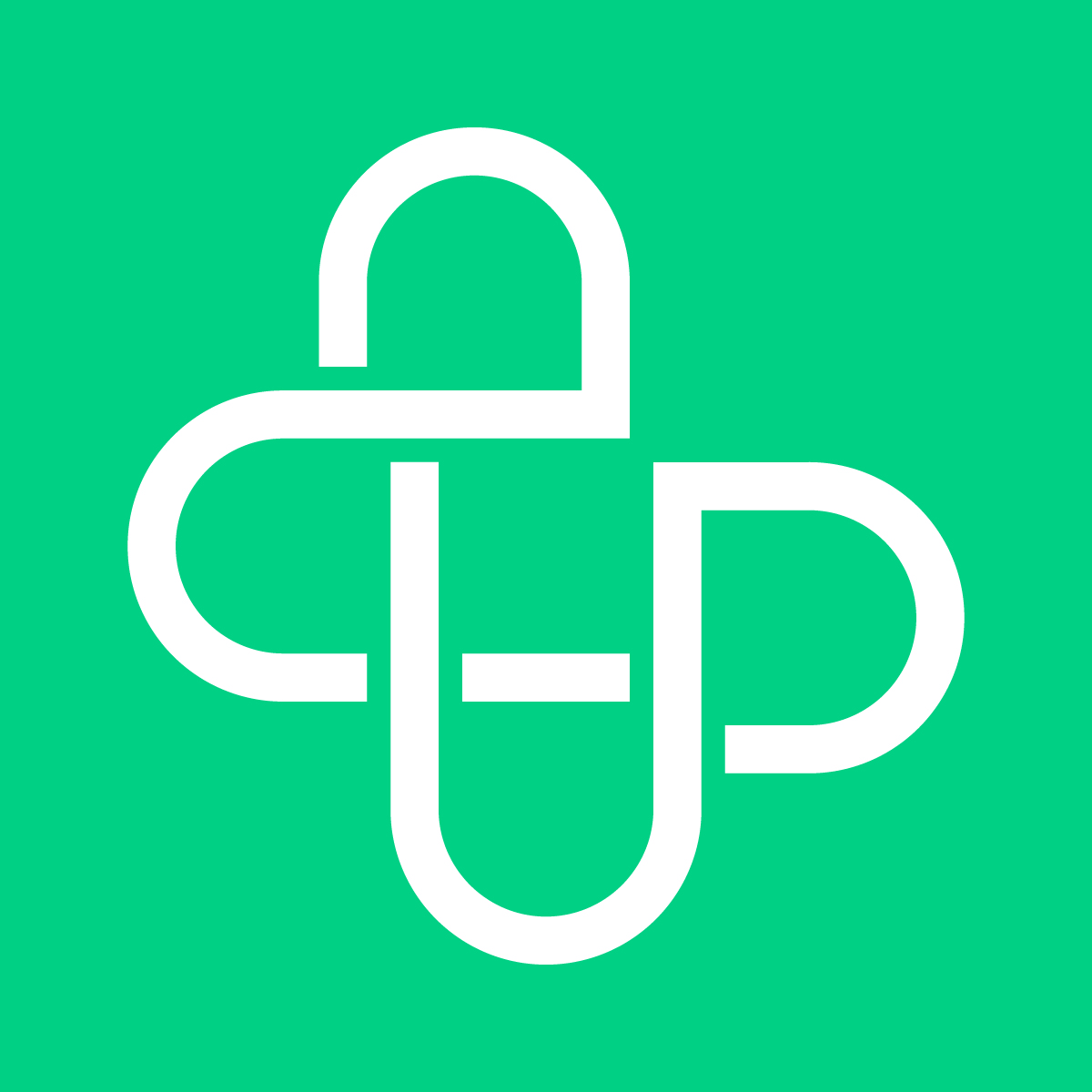Urgent care centers have emerged as pivotal entities in the healthcare ecosystem. Originally designed to address low acuity, non-emergency conditions, these centers have experienced remarkable growth in recent years — fueled in part by the COVID-19 pandemic and rising consumer demand for more accessible and convenient care.
The urgent care model has greatly evolved over the past ten years. Pre-COVID, a typical urgent care center saw 32 patients per day. In the wake of the pandemic, these numbers soared, with a 60% increase in per-center patient visits from 2019 to 2020. Post-COVID, the trend persists, with the median number of daily visits reaching 40 per day in 2022. The U.S. now boasts 14,382 urgent care centers, a number that has doubled since 2014. This expansion means increased access to care, with 89.4% of the U.S. population living within a 20-minute drive of an urgent care center and 78.6% within 10 minutes or less, according to an Urgent Care Association (UCA) Member Survey.
The expansion of urgent care centers signifies increased accessibility and affordability for patients, but it also reflects a shift in healthcare preferences. Urgent care is no longer confined to providing quick fixes — instead, it’s leveraging technology and innovation to enhance efficiency, improve overall healthcare outcomes, and become a focal point for patient care in its own right. These centers aren’t just positioning themselves as immediate solutions, but as integral parts of healthcare’s ongoing transformation.
Urgent Cares Should Foster Trusted Patient Relationships
As urgent care centers evolve and adapt to the changing needs of healthcare consumers, they must focus on building trusting relationships with their patients. When patients choose the convenience and accessibility of urgent care, the onus is on these centers to foster a sense of reliability, transparency, and personalized attention. Building trust creates a foundation for repeat visits, encourages patient loyalty, and positions urgent care centers as integral partners in maintaining overall health and well-being. In other words, trust is what allows urgent care to move beyond addressing immediate medical concerns and distinguish themselves in the competitive healthcare landscape.
Personalized Engagement Is Central to Building Trusted Relationships
While a patient’s visit represents a crucial moment in their health journey, the true measure of a healthcare provider’s commitment lies in their ability to maintain meaningful connections beyond these episodic events. Ongoing, personalized education and engagement ensures that patients remain active participants in their health management, fostering a continuous dialogue between healthcare providers and individuals. This extended engagement facilitates regular communication, enables proactive health monitoring, and supports preventive care measures. In the context of urgent care centers, where immediacy is key, sustained patient engagement can lead to improved health outcomes, increased patient satisfaction, and enhanced loyalty.
Achieving Engagement at Scale With a Proven Technology Partner
To achieve patient loyalty effectively and at scale, urgent care centers should consider partnering with technology solution companies like Upfront, which can streamline patient-provider communication and help urgent care systems effortlessly connect with patients. Upfront has a long history of working with urgent care centers — supporting more than 700 urgent care locations nationwide in 2024, including Urgent Care Group (UCG).
Recently, at the April 2024 Urgent Care Convention, Dr. Troy Dinkel, M.D., Emeritus Advisor to the CEO, Urgent Care Group, joined Anderson, to present the session Don’t Get Left Behind: Leveraging Technology to Enhance the Patient Experience. Together, they detailed the organizations’ patient engagement technology collaboration that has helped UCG excel in a rapidly changing healthcare landscape. They noted that the challenges UCG faces are not unique and that workforce shortages, on top of the growing patient population, impact urgent care centers across the country.
Dr. Dinkel discussed how he spearheaded the operational efforts with Upfront for UCG to effectively engage patients and relieve staff burdens by automating tedious and formally manual patient outreach tasks. He shared that a human centered approach to treating patients is at the core of their practice and relieving staff of tasks that can be automated allows caregivers to focus on the person in front of them.
The Upfront and UCG collaboration — in place since 2017 — highlights the importance of working with a technology partner to integrate practical, omnichannel communications. With an effective patient engagement strategy in place, urgent care centers are better positioned to maintain digital relationships with patients, build trusted provider relationships, and improve financial performance.
Today, Upfront supports UCG through marketing automation campaigns directed to specific patient populations. These campaigns have reached more than 250,000 patients through targeted communications; facilitated patient payment reminders that deliver transparency into billing and decreased the number of patient bills sent to collections by 60%; and promoted patient satisfaction surveys that secured over 2 million unique pieces of feedback showcasing patient satisfaction, trusted relationships, and center loyalty.
Making the Most of the Opportunity at Hand
Urgent care has emerged as an important force in reshaping health outcomes, presenting an opportunity amid the intensifying landscape of healthcare competition. As the healthcare industry assumes increased risk through the expansion of value-based care, urgent care centers can be instrumental in accelerating time-to-value, enhancing care access, and bridging crucial care gaps. Urgent care leaders must prioritize developing patient relationships to foster trust to achieve these goals.
By leveraging technology to streamline operations and optimize FTE utilization, urgent care centers can operate more efficiently, leading to increased profitability. Additionally, facilitating more convenient and faster patient payments not only saves on paper statement costs but also improves revenue.
A holistic digital experience like Upfront can drive repeat visits through ease of use and convenience. Satisfied patients are more likely to return and recommend services to others, leading to positive social reviews that attract new patients. Patients rely heavily on internet searches and social reviews to make decisions, so having a positive online presence can directly impact the influx of new patients and help centers differentiate from competitors.
To learn more about working with Upfront to integrate practical, omnichannel communications to maintain digital relationships with patients and help build trusted provider relationships, click here.





